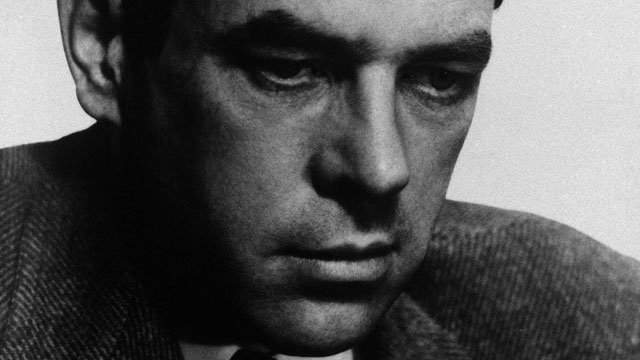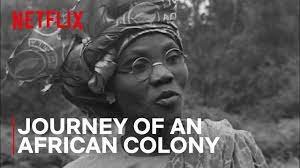Week 8 Syllabus: October 9-12
WE WILL BEGIN SHIFTING OUR FOCUS ON WRITING and some stylistic issues in our paragraph writing. For example, the feedback on the journal assignment on machines and the Canvas “discussion” entry on the Atlantic article will be focused on some areas of weakness in your writing style. For many of you, these will focus on vague language (overuse of indefinite pronouns: they, some, many, thing, people) and simplistic signal language connected to structure: “In this paragraph I will…” “An example of this is when…” “This quote shows that…”
MONDAY, October 9
Annotating the portion of “Chelkash” that describes a blue sword that—much like the sword of Damocles—hangs over the heads of Chelkash and Gabriel.
Using these marginal notes to draft an analysis of this pivotal symbol.
In class discussion of “Chelkash,” focusing on the theme of greed and innocence, and discussing the story’s ending.
Re-collecting any ungraded annotations.
HW: Spend 30 minutes working on the “Chelkash” crossword. We will be re-reading “Those Who Walk Away from Omelas” in class on Wednesday. If you haven’t done so, read this once before class.
WEDNESDAY (anchor day—during the day)
Guide to the parts of speech, online here.
Reviewing parts of speech, focusing on the “to be” helping/linking verb forms, as well as active verbs.
Reading “Those Who Walk Away from Omelas.”
HW: re-read “Omelas,” picking out a) physical descriptions of the people, b) physical descriptions of the city, c) descriptions of their culture, and d) specific, concrete nouns or active verbs that LeGuin uses to create this imaginary world.
THURSDAY (anchor day—Back to School Night with parents)
I will briefly introduce myself, tell parents the importance of meeting with me outside of class (to work on writing, annotation, interpretation of literature), and show your Uncle Buck how to find the syllabus on Squarespace.
You will use your iPads to pull up your “blue sword” entry on Canvas, and with the help of a parent, identify your predicates and replacing any examples of: is, am, are, was, were, have, has, had, should, could, would, be, being, been, do, doing, does with active verbs.
HW: On Tuesday, we will compare answers on the “Omelas” study guide. Re-reread the story and answer these questions.






